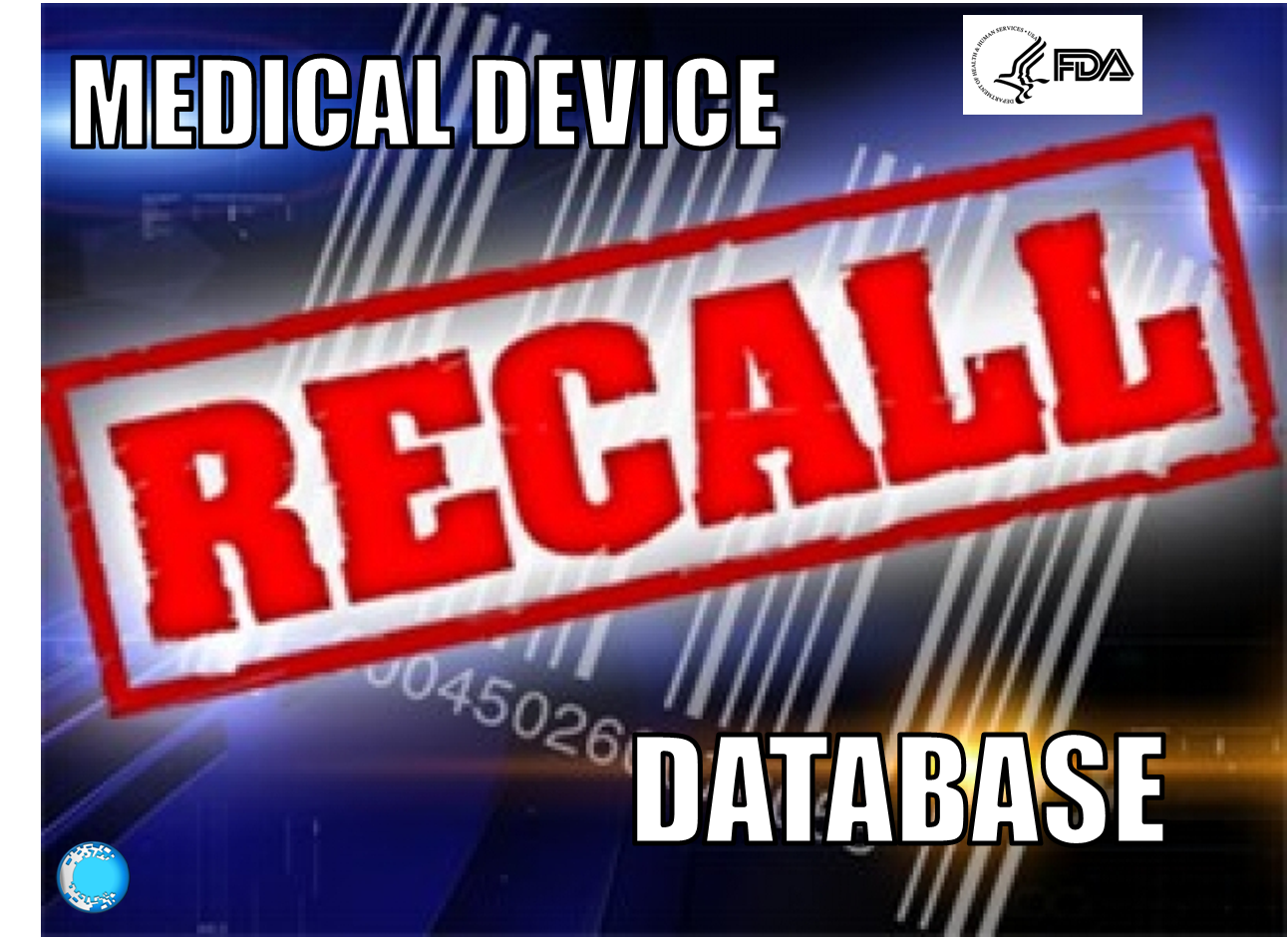Scheduled On : Monday, February 10, 2014 at 1 PM EST | 10 AM PST
Duration : 60 MinutesREGISTER NOW !
Description :
In this webinar, you will learn how convert an FDA audit into an opportunity to demonstrate high quality products and services, and to increase credibility in the industry for your company.
The FDA reserves the right to audit any facility involved in manufacture, testing or development of food and drug products. These include not only drugs and biologics but also medical devices, diagnostic kits, dietary supplements, veterinary products, and animal and clinical testing facilities. FDA audits are an essential part of assuring compliance with the current regulations. Although most FDA audits are preannounced, FDA does conduct unannounced inspections of facilities that it suspects of noncompliance. FDA conducts thousands of audits each year of facilities World-wide to assure that products and services available to the American public are of acceptable quality.
FDA audits are very detailed and systemic reviews of a given facility that could span over several days, involve most personnel working at the facility under review, and if evidence of non-compliance is found, could lead to severe restrictions and/or penalties on the responsible parties. More often than not, facilities and personnel are ill-prepared and unaware of the dos and don’ts for an FDA audit and thus get into trouble for easily avoidable errors. Hence, it is very important that at all times FDA-regulated companies be aware of the regulations, logistics, and practical aspects of an FDA audit to be able to successfully withstand the same.
If your company is marketing a product or service that is regulated by the FDA, you should be prepared for an FDA audit. If you have never been audited by the FDA or if you were last audited 4-6 years ago, if any product or service you offer has been in the news – positive or negative, or if you are getting ready to submit a clinical trial or marketing approval application, chances are you would get audited by the FDA in the near future. Although different facilities are subject to different regulations, FDA auditors follow some general guidelines that are common across all. We will discuss the general rules and specific case studies to highlight the common themes and differences across facilities subject to GCP, GMP or GLP regulations.
The FDA reserves the right to audit any facility involved in manufacture, testing or development of food and drug products. These include not only drugs and biologics but also medical devices, diagnostic kits, dietary supplements, veterinary products, and animal and clinical testing facilities. FDA audits are an essential part of assuring compliance with the current regulations. Although most FDA audits are preannounced, FDA does conduct unannounced inspections of facilities that it suspects of noncompliance. FDA conducts thousands of audits each year of facilities World-wide to assure that products and services available to the American public are of acceptable quality.
FDA audits are very detailed and systemic reviews of a given facility that could span over several days, involve most personnel working at the facility under review, and if evidence of non-compliance is found, could lead to severe restrictions and/or penalties on the responsible parties. More often than not, facilities and personnel are ill-prepared and unaware of the dos and don’ts for an FDA audit and thus get into trouble for easily avoidable errors. Hence, it is very important that at all times FDA-regulated companies be aware of the regulations, logistics, and practical aspects of an FDA audit to be able to successfully withstand the same.
If your company is marketing a product or service that is regulated by the FDA, you should be prepared for an FDA audit. If you have never been audited by the FDA or if you were last audited 4-6 years ago, if any product or service you offer has been in the news – positive or negative, or if you are getting ready to submit a clinical trial or marketing approval application, chances are you would get audited by the FDA in the near future. Although different facilities are subject to different regulations, FDA auditors follow some general guidelines that are common across all. We will discuss the general rules and specific case studies to highlight the common themes and differences across facilities subject to GCP, GMP or GLP regulations.
Areas Covered in the Session :
- Types of FDA audits
- Key guidelines available from FDA
- GCP/GMP/GLP requirements
- Preparing for the inspection
- Why inspections are conducted and by what statutory authority?
- Reasons for FDA conducting an inspection
- What to expect from an audit?
- What is subject to FDA purview and what's off-limits?
- Preparing for an audit
- What you need to know and do
- Prepare for, during and even after the inspection
- Actions to be taken upon the investigator's arrival
- Logistics of the FDA audit
- Do’s and don’ts of an FDA audit
- Follow-up to an FDA audit
- What to do next?
- How to respond to findings and facilitating the documentation and remediation process
- How to reach Final Closure
Who Will Benefit:
This webinar will provide valuable assistance to all personnel in:
- Quality Assurance professionals
- Quality Control professionals
- Regulatory affairs / Compliance professionals
- Senior management executives (CEO, COO, CFO, etc)
- Manufacturing managers, supervisors & personnel
- Clinical and Preclinical laboratory managers
- Clinical trial specialists
- Project Managers
- People investing in FDA-regulated product development projects
Speaker Profile








